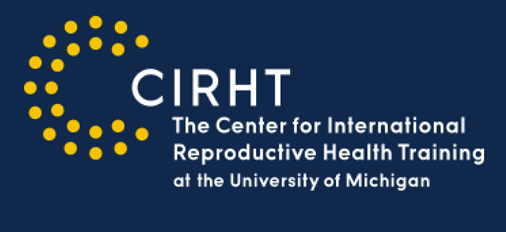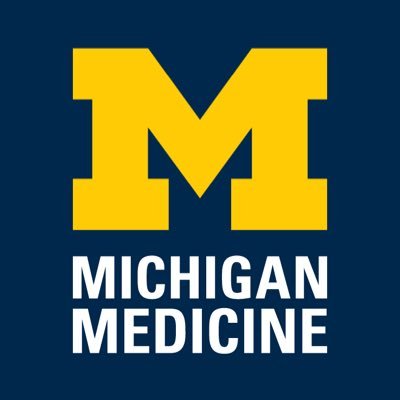Speaker
Description
Abstract
Background: Ethiopia implemented relatively liberal abortion laws and has developed guidelines to enhance access to comprehensive abortion care, significantly reducing complications from unsafe abortions. However, unsafe abortion remains a major public health issue due to substantial barriers related to health facility readiness, service availability, and health care providers’. There is little information on underlying factors such as religious, moral, ethical, and sociocultural concerns of healthcare professionals in the study area. Therefore, this study aimed to assess health facilities' readiness, service availability, and challenges of healthcare providers to deliver safe abortion care service in Ethiopia.
Methods: A mixed study was done in 16 public health facilities found in the Harari region and Dire Dawa administration. We employed simple random sampling to select the health facilities and purposive sampling to recruit the qualitative participants. We collected the data using the Kobo toolbox through observational records using World Health Organization service availability and readiness assessment tool, while qualitative data were collected using In-depth interviews by Experienced and trained data collectors. The collected data were exported to Stata 17 for descriptive analysis. We interviewed 17 health professionals for qualitative parts. The interviews were audio-recorded, verbatim transcription and translation were done. The, the translated data were coded and analyzed thematically using open code software version 4.03, then, Findings were presented as direct quotes and condensed text.
Results: Of 16 health facilities, 13 (82.3%) met the minimum requirements (>75%) for readiness. The service was available in all included hospitals, and 8 (66.7%) health centers have been providing the service in the preceding three months. Qualitative finding also revealed that Inadequate medical supplies, lack of separate rooms for abortion service, negative attitude of health professionals toward abortion and clients seeking abortion care, stigma and discrimination from colleagues, religious and cultural beliefs of against abortion care, a shortage of trained providers, and inadequate clarity regarding interpreting abortion laws as barriers of comprehensive abortion care.
Conclusions: In general, while all hospitals met the minimum criteria for service availability and readiness for abortion care, a significant number of health centers fell short of these standards. The majority of health centers faced challenges in shortage of essential medication and trained staff availability. In addition to institutional-related barriers, the most significant challenges abortion professionals face are; limited infrastructure and medical supplies, health professionals’ bias and stigmatization of clients seeking abortion care, stigmatization of service providers, lack of training, Cultural and religious barriers to abortion care, and ambiguities in interpreting abortion law. As long as these barriers and stigma persist, many abortions are likely to be unsafe. Thus, efforts to strengthen the capacity of health facilities and community education, timely training of health professionals, and revising abortion law based on women’s specific needs will improve the provision of safe abortion care services.


